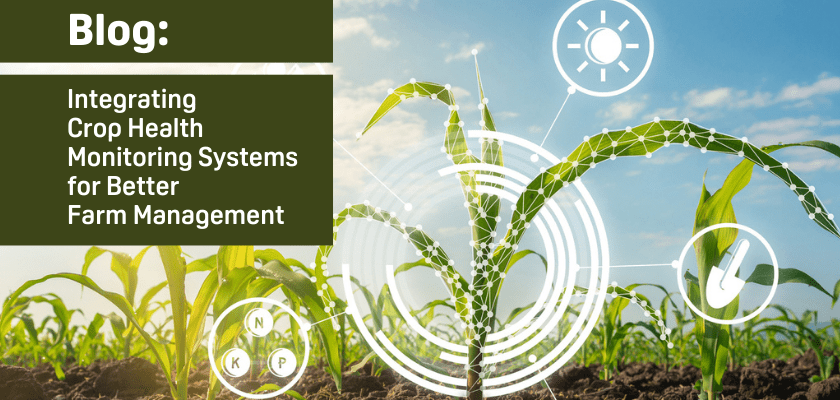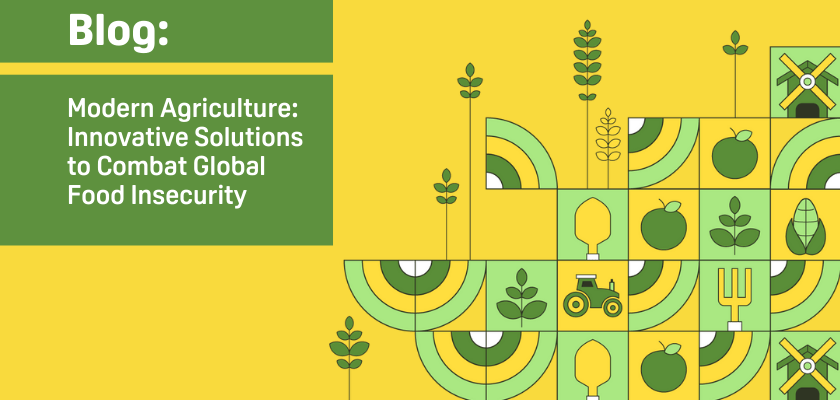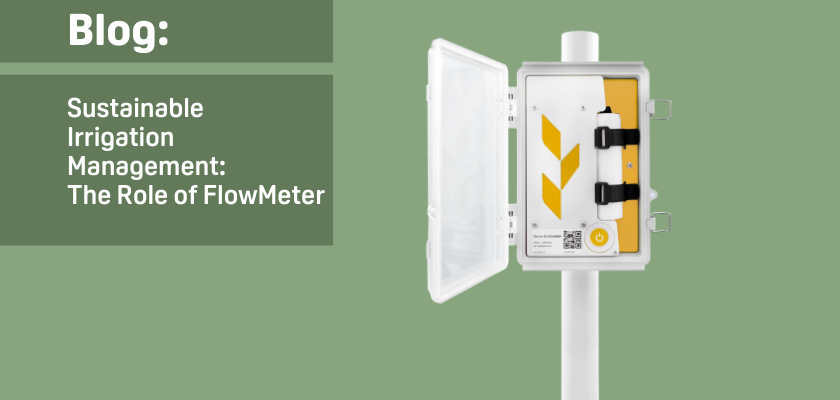

Cultivating Climate Finance for Agricultural Resilience
Climate finance is a vital tool in addressing climate change. However, challenges like effective funding distribution and private sector involvement persist. In agriculture, climate finance can drive climate-smart investments and boost resilience. Addressing these challenges is crucial for a sustainable and resilient future.
Published on 06 September 2023
What is Climate Finance?
According to the United Nations Framework Convention on Climate Change (UNFCCC) Standing Committee, Climate finance refers to financial support provided with the primary objective of reducing emissions, enhancing greenhouse gas sinks, and reducing vulnerability while improving the resilience of human and ecological systems to the adverse impacts of climate change. 1
The concept of climate finance gained prominence through international agreements like the Copenhagen Agreement in 2009 and the Paris Agreement in 2015, where developed countries committed financial assistance to developing nations for climate-related projects. Funding can be through various sources, including public, private, and alternative means, at local, national, or transnational levels.
Climate Change Adaptation & Mitigation
Climate finance plays a crucial role in addressing the global challenge of climate change, which requires substantial financial resources to transform production and consumption patterns worldwide. Developing countries, often the most vulnerable to climate change, particularly benefit from climate financing to implement mitigation and adaptation measures.2
Mitigation projects aim to reduce greenhouse gas emissions and enhance the removal of these gases from the atmosphere. Adaptation actions focus on reducing vulnerability to the negative impacts of climate change and increasing the resilience of human and ecological systems.
However, it's worth noting that defining and measuring climate finance can be challenging due to variations in definitions and reporting approaches among different institutions and stakeholders. Efforts are ongoing to develop standardized methods for measuring and reporting climate finance to enhance data quality and comparability in future reports.
Challenges of Climate Finance:
According to the panel discussion 'Financing Climate Change? Inspiration for Change from African Thinkers' held by the London School of Economics, one of the main challenges of climate finance is directing the funding to its intended beneficiaries. Mechanisms must ensure that funds reach the local level, bridging the gap between global finance and local implementation.
Transparency frameworks and comprehensive disclosure of Nationally Determined Contributions (NDCs) should consider the role of communities in shaping these contributions. The incorporation of private sector investment plans alongside NDCs can enhance understanding and support for mitigation and adaptation strategies. 3
Integrating climate considerations into national planning is a multifaceted endeavor, intersecting with the accreditation process and the qualification criteria for accessing climate finance. While multilateral government banks tend to support larger projects with greater potential for widespread impact, the crucial link between subnational and local actors and climate finance remains under-addressed. This gap stems from challenges in accreditation and qualification, hindering smaller-scale projects from accessing funding.
Climate Finance in Agriculture
Historically, agriculture faced financial challenges due to perceived low profitability and high risks; however, transforming agriculture and enhancing resilience requires increased climate-smart investments in the sector. To address this, the World Bank's discussion paper "Making Climate Finance Work in Agriculture" makes recommendations for how climate finance can accelerate climate-smart investments in the agriculture sector4:
- Creating inventive approaches and adjusting existing ones to harness extra funding from both the public and private sectors,
- Recognizing strategic avenues for channeling climate finance into agriculture and establishing connections between financial institutions, small-scale farmers, and agricultural small and medium-sized enterprises.
- Supplying the essential support and expertise needed to enhance the capabilities of all participants in the financial system, encompassing both lenders and borrowers.
Climate-smart investments in agriculture can promote economic growth, especially in developing countries, and contribute to achieving sustainable development goals while enhancing resilience in the face of climate change. Productive and effective climate action that achieves mitigation and adaptation takes place at the local level. However, we rarely see funding funneled to local actors in a way that builds resilience. The issue with climate finance is that it cannot be standardized; mitigation and adaptation needs are very context-based.
At Doktar, with our Climate & Sustainability Initiatives, we aim to shift the order of power back to the communities in making decisions on their specific climate risks and priorities and how we can support them in cocreating rest points. We then build partnerships between public and private institutions, connecting them to local actors to generate a pipeline of initiatives in which climate finance can invest.
In summary, climate finance is a vital tool in addressing climate change. It aims to reduce emissions, enhance resilience, and support sustainable practices. However, challenges like effective funding distribution and private sector involvement persist. In agriculture, climate finance can drive climate-smart investments and boost resilience. Addressing these challenges is crucial for a sustainable and resilient future. Initiatives like Doktar's Climate & Sustainability Initiatives play a significant role in this effort.
For those interested in exploring how Doktar's innovative solutions can transform your agricultural practices, visit our website for detailed information on all our products. Stay updated with the latest developments by following us on Instagram and LinkedIn, where we share insights, tips, and updates about our technologies and their impact on modern farming.

Integrating Crop Health Monitoring Systems for Better Farm Management
Crop health monitoring systems revolutionize modern agriculture by enabling real-time insights into plant health, reducing losses, and promoting sustainability. Tools like Doktar’s CropMap and Orbit integrate advanced technologies, empowering farmers with data-driven decisions. By enhancing efficiency and sustainability, these systems are essential for future-proofing agricultural operations.

Modern Agriculture: Innovative Solutions to Combat Global Food Insecurity
Modern agriculture combats global food insecurity with precision agriculture, sustainable practices, and biotechnology. Tools like IoT, automation, and crop innovations optimize resource use, enhance resilience, and ensure stable food supplies. By integrating smart technologies, agribusinesses address challenges like climate change and resource scarcity, paving the way for a sustainable food future.

Sustainable Irrigation Management: The Role of FlowMeter
Flow meters transform irrigation by enabling precise water measurement, reducing waste, and optimizing crop yields. Tools like Doktar’s FlowMeter empower farmers to enhance water-use efficiency, conserve resources, and lower costs. By integrating flow meters into modern farming, agribusinesses achieve sustainable irrigation solutions, address environmental challenges, and ensure long-term agricultural resilience.
